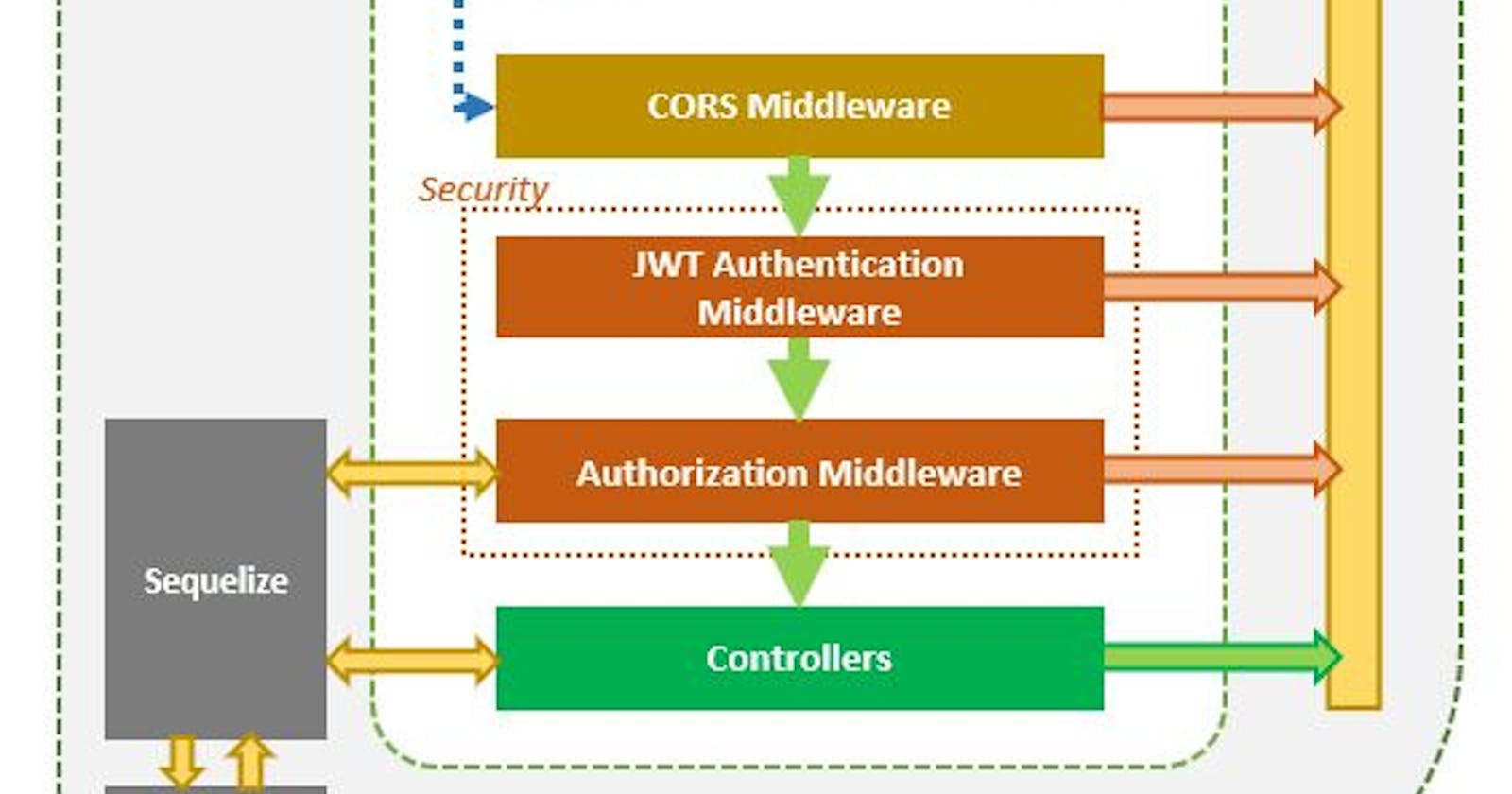Introduction: Node.js, with its efficient event-driven architecture, is a popular choice for building scalable web applications. In this blog post, we'll explore the concept of middleware in Node.js and how to create custom middleware using the Express framework.
What is Middleware? Middleware in Express.js is a series of functions that have access to the request, response, and the next function in the application's request-response cycle. Middleware can perform various tasks such as modifying the request or response, terminating the request-response cycle, or calling the next middleware in the stack.
Getting Started: Before we dive into creating custom middleware, ensure you have Node.js and npm installed. You can initialize a new Node.js project by running:
npm init -y
Install Express:
npm install express
Creating Custom Middleware: Let's create a simple logging middleware that logs information about incoming requests.
Setup Express: Create a file (e.g.,
app.js) and set up a basic Express app:const express = require('express'); const app = express(); const port = 3000; // Your middleware function const loggingMiddleware = (req, res, next) => { console.log(`Incoming request: ${req.method} ${req.url}`); next(); }; // Use the middleware for all routes app.use(loggingMiddleware); // Define a route app.get('/', (req, res) => { res.send('Hello, Middleware!'); }); // Start the server app.listen(port, () => { console.log(`Server is running on http://localhost:${port}`); });Run Your App: Run your Node.js application:
node app.jsVisit http://localhost:3000 in your browser. In the terminal where your app is running, you'll see log statements for each incoming request.
Explanation:
loggingMiddlewareis a simple middleware function that logs information about incoming requests, such as the HTTP method and URL.app.use(loggingMiddleware)ensures thatloggingMiddlewareis executed for every incoming request.The
/route has the associated middleware (loggingMiddleware), so it will log information for each request.
Conclusion: Middleware is a powerful concept in Express.js that allows you to modularize your application logic. Creating custom middleware lets you inject your own logic into the request-response cycle, making it a valuable tool for tasks like authentication, logging, error handling, and more. Explore and experiment with middleware to enhance the functionality of your Node.js applications.
